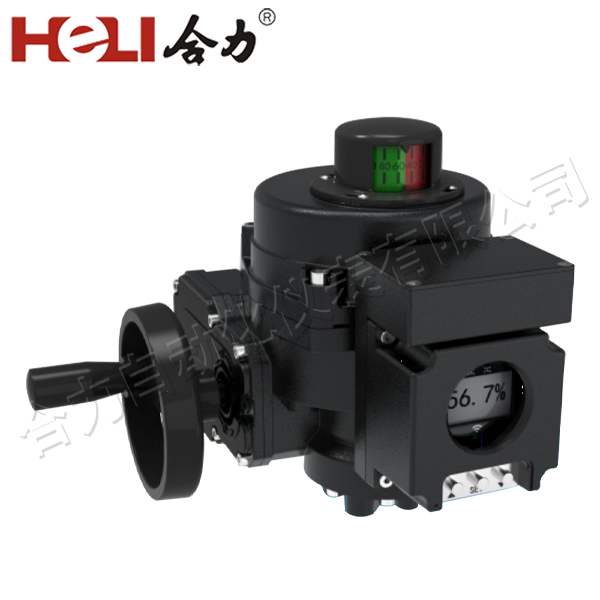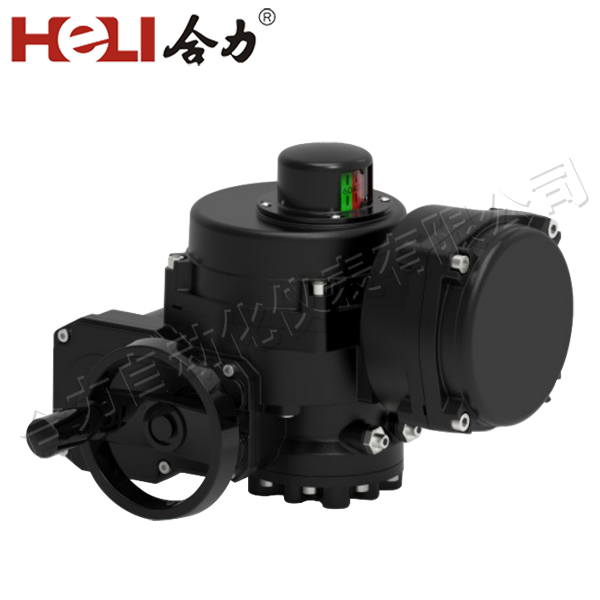
As the world shifts towards sustainable energy solutions, hydrogen energy is emerging as a crucial player in various industries. Among its many applications, hydrogen energy electric actuators stand out for their potential to revolutionize how we power motion and automate processes. These actuators leverage hydrogen fuel cells to generate electricity, offering an environmentally friendly alternative to traditional electric actuators powered by fossil fuels or conventional batteries.

Hydrogen energy electric actuators operate by converting hydrogen gas into electricity through a fuel cell, producing only water and heat as byproducts. This clean energy process not only reduces greenhouse gas emissions but also enhances energy efficiency, making it an appealing option for a variety of sectors. The versatility of these actuators allows them to be integrated into numerous applications, from automotive systems to industrial machinery and robotics.
One of the key advantages of hydrogen energy electric actuators is their high energy density. Hydrogen fuel has a significantly higher energy density compared to conventional batteries, which means that actuators can operate for longer periods without needing frequent recharges. This characteristic is particularly beneficial in applications where downtime is costly or impractical. For instance, in automotive applications, hydrogen-powered electric actuators can contribute to the overall efficiency of fuel cell vehicles, providing smooth and reliable operation for steering, braking, and other essential functions.
